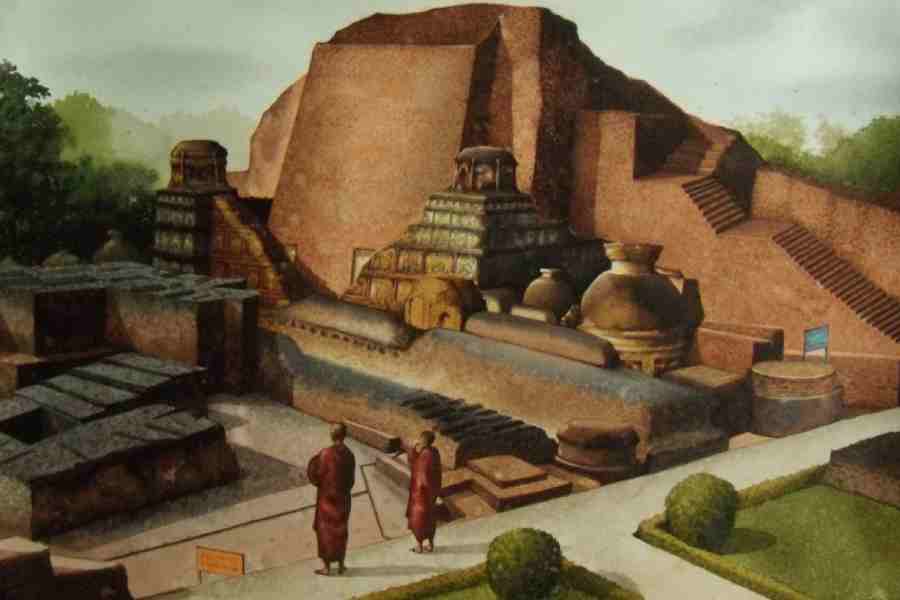Social sciences and humanities in India have taken a new turn towards liberal studies. There has been a more than five-fold rise in universities offering liberal studies and/or liberal arts degrees. From six universities in the pre-2010 period, more than 35 universities in India have introduced liberal arts degree programmes by 2023. However, a granular analysis reveals a telling picture. From the first decade of the millennium till 2015, there was a steep hike in the number of institutes offering such programmes. Post-2015, there was a perceptible downward trend. There has been a 15% decline in universities launching liberal studies programmes during 2016-2020. The decline is even sharper, at 54%, after 2020. Moreover, after a dramatic climb since 2010, growth in liberal studies seems to have plateaued.
While the data clearly show that liberal studies have been embraced by undergraduates in India, in recent years, things may have started to unravel. What explains the initial spiritedness and the eventual lassitude towards liberal studies in India? A plausible explanation could be the Covid-19 pandemic. However, more is revealed if we try to understand the field of liberal studies itself. While the transdisciplinary nature of liberal studies is its strength, the degree of blurring of disciplinary boundaries can be its weakness. Transdisciplinarity enables the field to draw on many disciplines to understand the vexing challenges that societies face today. For example, climate change can be approached using numbers to establish a pattern and unearth underlying political and historical processes to explain policy outcomes. Therefore, we hold that political science, history and economics can be natural allies, but synergies can be established with data science, mathematics and literature.
In this light, a student can opt for a major in one of the core disciplines and settle for a minor in another. In other words, students are free to design their undergraduate path. Indeed, such training equips students to identify the broader disciplinary linkages, provides them with the skills to discover and apply new lenses to understand problems and provides out-of-the-box solutions. Unsurprisingly then, the majority of the CEOs globally have some direct or tangential engagement with liberal studies. Steve Jobs was a college dropout. He audited liberal arts courses and credited this transdisciplinary training for the core values that informed Apple. Andrea Jung, the chief executive officer of Avon, (BA in English literature), Michael Eisner, a former CEO of Walt Disney Company (BA in English literature and theatre), Carly Fiorina, an erstwhile CEO of Hewlett-Packard (BA in medieval history and philosophy), Jack Ma, ex-chairman of Alibaba (BA in English) and Kenneth Chenault, a former CEO of American Express (BA in History) are people who have reached the pinnacle of their profession with a liberal studies degree. This is what makes liberal studies ‘liberal’ in terms of fluidity.
However, this fluid approach needs delicate balancing. Too much fluidity can be a bane. There have been increasing attempts at blurring disciplinary identities, such as the dilution of empirical training key to conducting research in social science studies in India. Pedagogy in liberal studies needs careful reflection and ideation to maintain the spirit and content of the core disciplines, while organically embedding transdisciplinarity into the analytical models used when making sense of the real world. This circles back to understanding what liberal studies is and how it is done in India.
This brings us to the endogeneity of liberal studies in India. Are we not borrowing too much from Western traditions? Liberal studies is not a new concept in India. Hiuen Tsang, the Chinese Buddhist monk who travelled to India in 7th century BCE, wrote of Jayasena, a native of Surat and Kshatriya by caste, that he was both a writer of the sastras as well as a householder, living near Yashtivana (the Walking Stick Forest). Jayasena had studied Hetuvidya under Bhadraruchi, the master of the sastras, sabdavidya under Sthitaniati Bodhisattva, and yogasastra under Silabhadra, the master of the law. His enquiries and learning extended to the four vedas, works on astronomy, geography, the medicinal arts, magic and arithmetic. His scholasticism had brought him considerable renown, wrote Tsang. Jayasena’s pursuit of knowledge, training, and specialisation was driven by a zeal for transdisciplinary learning and one gained from domain experts. This blend of transdisciplinary learning benefiting from complementarities, without foregoing domain-specific knowledge and its methodological training, is essentially wisdom of the ages lost during the colonial educational system focused on institutionalisation, leading to the creation of silos.
Indeed, Nalanda University, established in 427 CE, was steeped in the liberal tradition. The hallowed classrooms of this ancient university imparted education in religion while at the same time engaging in fields of logic, medicine and science. At multiple levels, the university redefined the traditional knowledge systems in Asia. Notably, Nalanda predates most of the oldest universities in the West by at least 500 years. In this sense, contemporary liberal studies in India ought to reflect inwards, taking endogenous sources seriously while projecting their vision outwards with the aim of making deep disciplinary contributions globally. For instance, disciplines such as history and politics must focus on endogenous sources to question and push the frontiers of existing knowledge defined through the Western lens.
Vision for liberal studies that respect disciplinary methods while encouraging greater dialogue among them is also an antidote to the mishmash that characterised the earlier strand of liberal studies focused on erasing disciplinary boundaries.
Himanshu Jha and Rohit Dutta Roy are faculty at the School of Liberal Studies, UPES, Dehradun. Views expressed are personal











